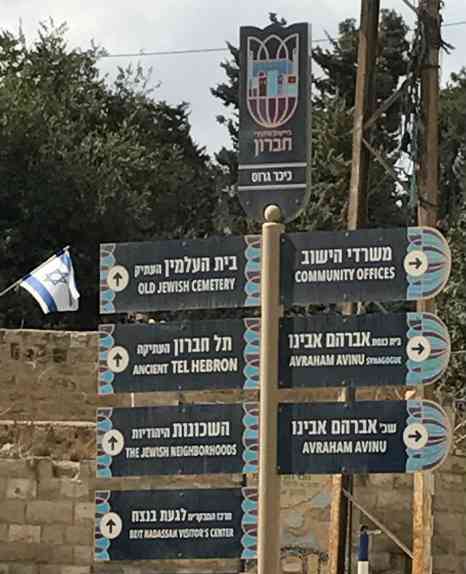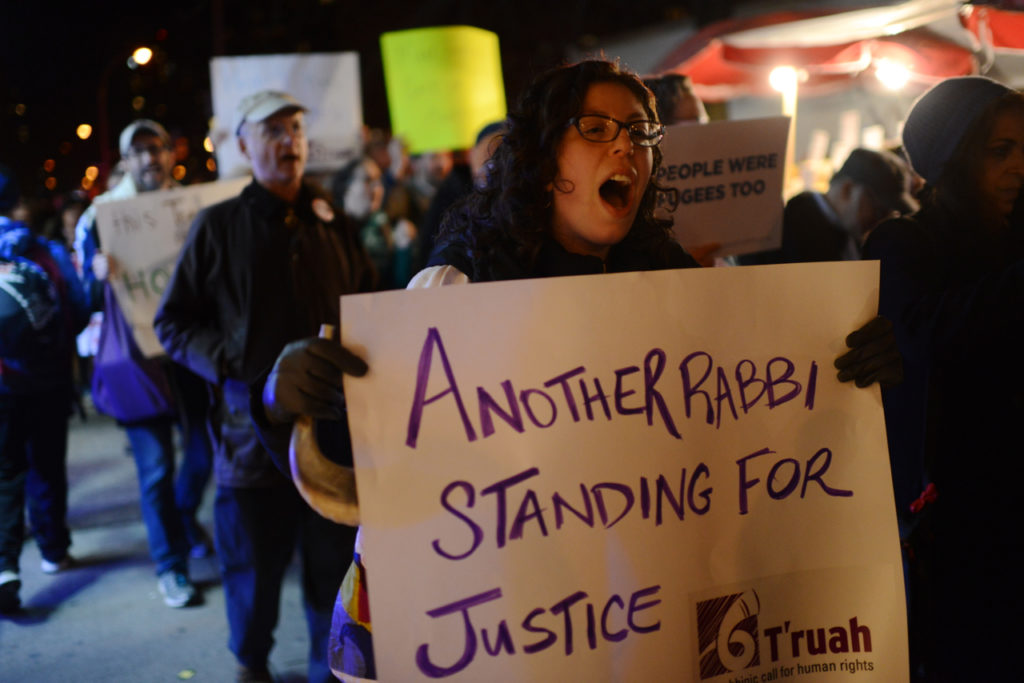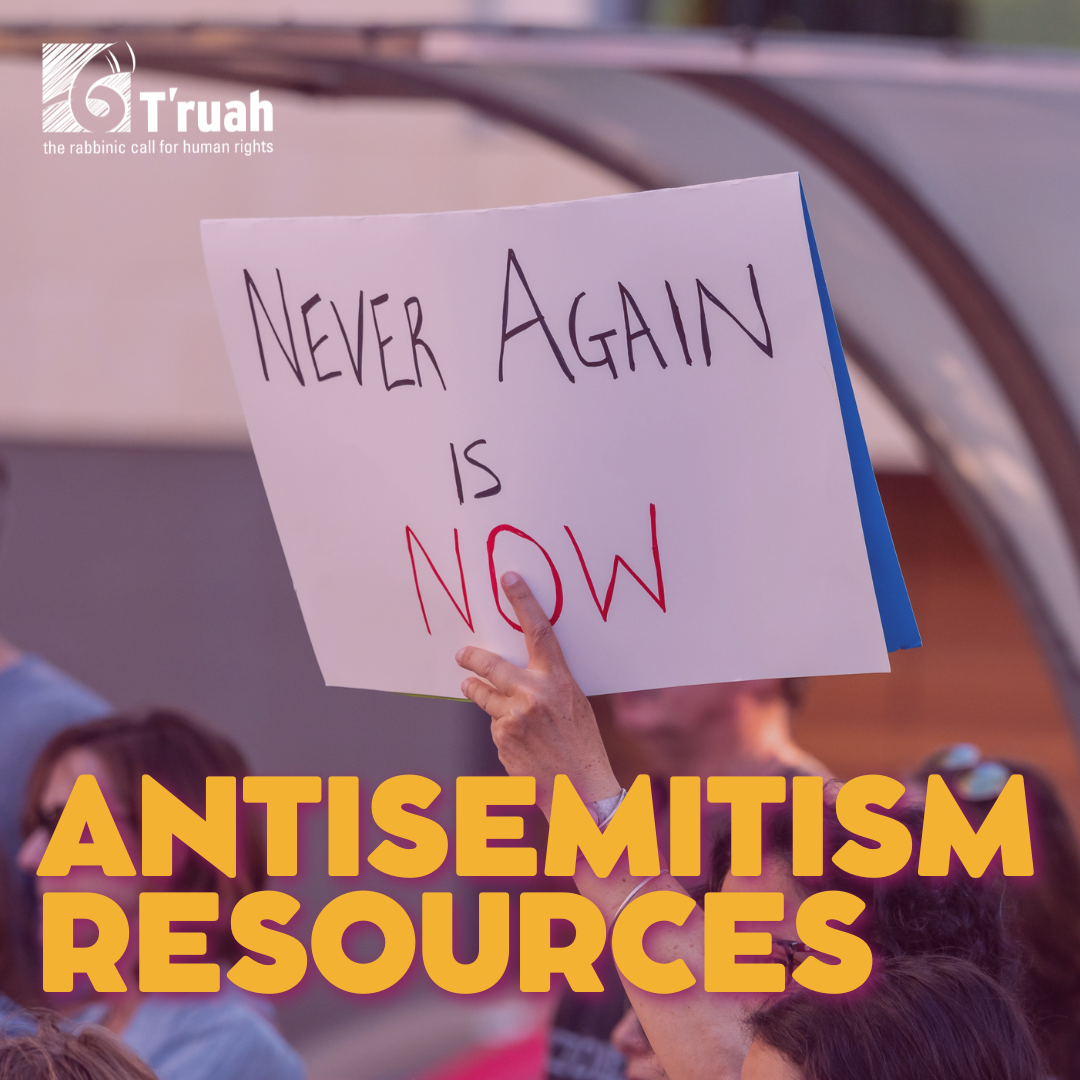Resources

Holy Human Rights Chutzpah
This Shabbat, Dec. 8-9, is not just the weekend before Chanukah; it’s also that of International Human Rights Day. We honor this global holiday, Jewishly, when we reread our sacred stories through a human rights lens. On December 10, 1948, the United Nations ratified the Universal Declaration of Human Rights (UDHR), a document of great...
more

True Shalom for Planet Earth
“‘Shalom! Shalom!’ (They say.) But there is no Shalom.” (Jeremiah 6:14) The prophet Jeremiah lambasted the leaders of Jerusalem for declaring that everything was well and for making light of the very real dangers he perceived. Of course, they didn’t listen. The role of prophet seems designed for frustration. A prophet (1) calls out foreseeable disaster;...
more

Jacob and Laban: How Not To Do Healthcare
A few months ago I received a letter from my health insurance company telling me that they were cancelling my insurance plan, and that as of December 31 I would have to find new coverage. I was not alone in this scenario, as this particular company cancelled plans in several counties in my state. The reason, as...
more

Hunger: Edom or Israel?
There were three hundred and sixty five thoroughfares in the great city of Rome, and in each there were three hundred and sixty five palaces; and in each palace, there were three hundred and sixty five stories and each story contained sufficient to provide the whole world with food. (Talmud Bavli Pesachim 118b) With less...
more

Signposts for a Troubling Future
Visiting Hebron, one of the first impressions that hits like a sucker-punch to the stomach is of a ghost town. Streets once bustling with thousands of Palestinians are now traversed almost exclusively by Israeli soldiers and settlers. Freedom of movement is squashed. Palestinian doors are welded shut and porches are caged in, ostensibly to protect...
more

Controlling Anger
I never saw my beloved teacher, Abraham Joshua Heschel, lose control as he stood up for some of the most urgent issues of his time, civil rights for all, ending the war in Vietnam, and liberation for Soviet Jews. His words burned with passion as did his actions. His presence, the intense look in his...
more

The House Is Still On Fire
The Torah this week introduces us to Abraham and Sarah, our soon-to-be parents of monotheism. Each year, I find the call from God familiar, yet still chilling: ‘lech l’cha,’ get up and leave your place of familiarity and comfort to journey to this new place, one that you don’t know, but which will help to...
more

Bringing Holiness to the Front Lines
This discussion guide and text study, created for Human Rights Shabbat 2017 but widely applicable to any time of year, asks us to consider what it means to bring holiness to the front lines of our activism. Also suitable as sermon sparks.
more

A Meditation on Voting
Download and print out this prayer, in both Hebrew and English. It may be used by individuals or in a communal setting during election season or on Election Day itself. If Version 1 prints badly for you, try Version 2, which has a plainer layout. Or simply read the English text below: A Meditation on...
more

A Flood of Unsafe Water
On August 31st, 2005, I sat waiting for a connection in Brussels, coming back from a summer studying in Israel. I was about to begin rabbinical school in just a few weeks. TVs streamed footage of the devastation of Hurricane Katrina; it was the first I knew of it, having been cut off from most...
more



